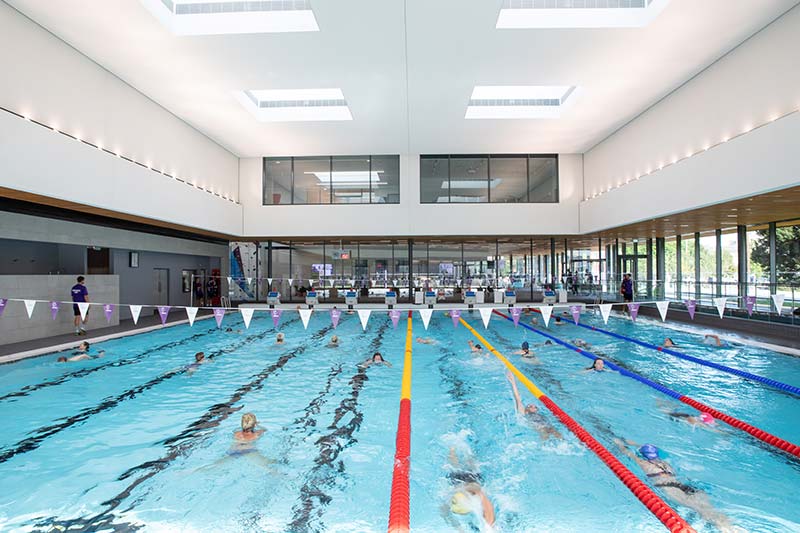Overview
If you have a DipHE in counselling (or an equivalent Level 5 counselling qualification), you can top it up to a Bachelor's degree on this 1-year course.
Humanistic counselling encourages individuals to think about their feelings and take responsibility for their thoughts and actions, with the emphasis on self-development and achieving their potential rather than on problematic behaviour. Gestalt therapy, for example, is one of a number humanistic approaches.
You'll learn the latest trends and developments in humanistic counselling theory and apply them to your practice, with professional development support in the form of workshops, supervision and networking. You'll also complete a research project on a topic that matches your interests and ambitions.
If you're in employment, this course can fit around your working week, with timetabled teaching taking place 1 day a week, workshops on 6 Saturdays throughout the course, and occasional events in the evenings and at weekends.
After the course, you could work as a humanistic counsellor in areas such as education, the police service, the prison service or the voluntary sector. The advanced skills and experience you gain will allow you to work with a wider variety of clients with more complex needs.
Course Highlights
- Learn advanced humanistic counselling skills, building on the knowledge you developed during your DipHE
- Develop your research skills by undertaking an in-depth research project that matches your interests and career ambitions
- Learn from experienced, industry-trained staff who've worked in organisations or run their own private practices
- Study at South Hampshire College Group - Eastleigh Campus with access to support and services at the University of Portsmouth
- Apply for student membership of the British Association for Counselling and Psychotherapy (BACP) and get access to member resources including journal subscriptions, free courses and job boards while you study
Careers and Opportunities
Increased awareness in society about mental health has increased the demand for counselling and therapy services.
As a humanistic counsellor, you can have a significant positive impact on people's health and wellbeing, and help take the pressure off other health services such as GPs and hospitals.
Public, private and charity sector settings you could work in after the course include:
- Education
- Alcohol and drug services
- Eating disorder services
- Mental health services
- GPs
- Police and prison services
When you complete the course successfully, you can sit the British Association for Counselling and Psychotherapy (BACP) Certificate of Proficiency to become a registered member of the BACP.
Get experience while you study, with support to find part-time jobs, volunteering opportunities, and work experience.
Towards the end of your degree and for up to five years after graduation, you’ll receive one-to-one support from our Graduate Recruitment Consultancy to help you find your perfect role.













